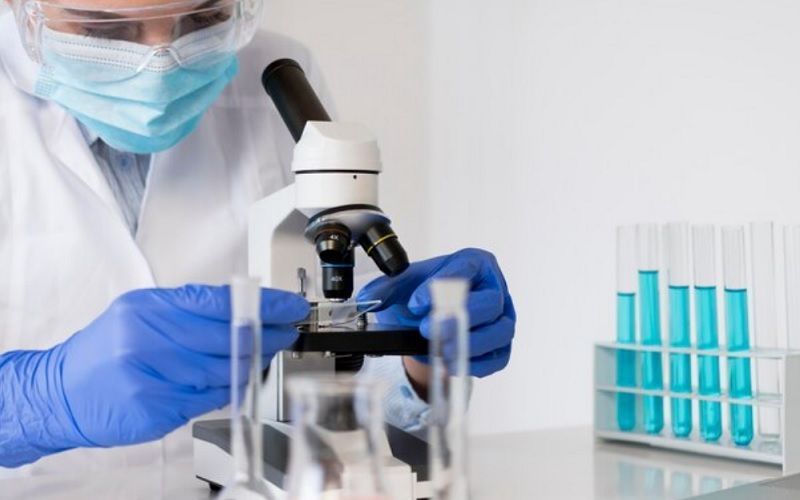RCDF Launches Facility to Test Milk, Ghee, and Other Dairy Products
Sourse: in.edairynews.com
The Rajasthan Cooperative Dairy Federation (RCDF) has introduced a new facility where consumers can test the quality of dairy products to ensure their safety.

Consumers across Rajasthan can now access testing services for dairy products, including milk, ghee, and mawa, at any Rajasthan Cooperative Dairy Federation (RCDF) laboratory if contamination is suspected. This initiative aims to curb the sale of adulterated products and ensure public health safety.
Vinod Gera, Public Relations Manager at RCDF, stated, "Milk taken from any dairy in the city or ghee from any place can be tested in our labs of RCDF without paying anything. We will release the test report on the mobile phone of the consumer on the same day of receiving the sample. The test report will reveal whether the sample is adulterated or not and if it is, to what extent."
The tests screen for various adulterants such as urea in milk or palm oil in ghee. Results are communicated instantly via mobile phone, allowing consumers to quickly address any concerns with vendors. Consumers are advised to bring purchase bills or source information if further action against the vendors is necessary.
Currently, the facility affirms the detection of 25 different adulterants, with plans to expand this number to 36. This service to the public is offered free of charge and signals a significant step in fighting food adulteration in India.
Vinod Gera, Public Relations Manager at RCDF, stated, "Milk taken from any dairy in the city or ghee from any place can be tested in our labs of RCDF without paying anything. We will release the test report on the mobile phone of the consumer on the same day of receiving the sample. The test report will reveal whether the sample is adulterated or not and if it is, to what extent."
The tests screen for various adulterants such as urea in milk or palm oil in ghee. Results are communicated instantly via mobile phone, allowing consumers to quickly address any concerns with vendors. Consumers are advised to bring purchase bills or source information if further action against the vendors is necessary.
Currently, the facility affirms the detection of 25 different adulterants, with plans to expand this number to 36. This service to the public is offered free of charge and signals a significant step in fighting food adulteration in India.
Key News of the Week









